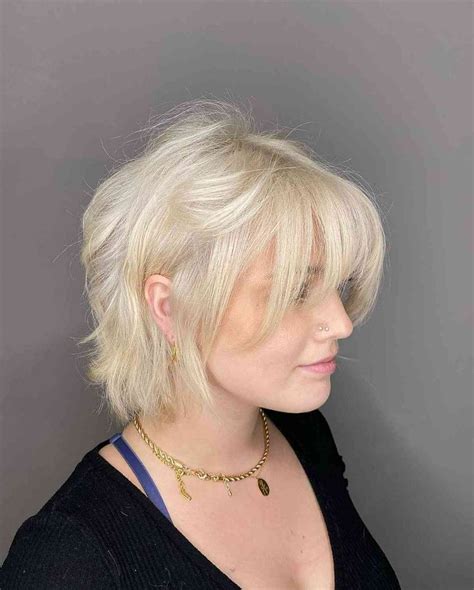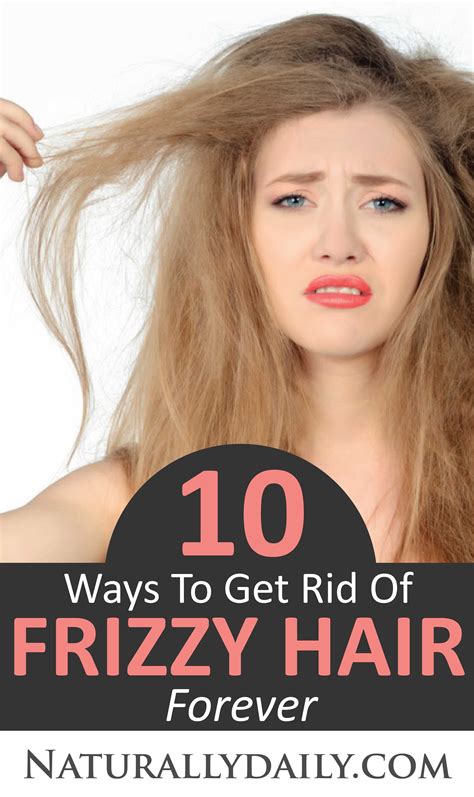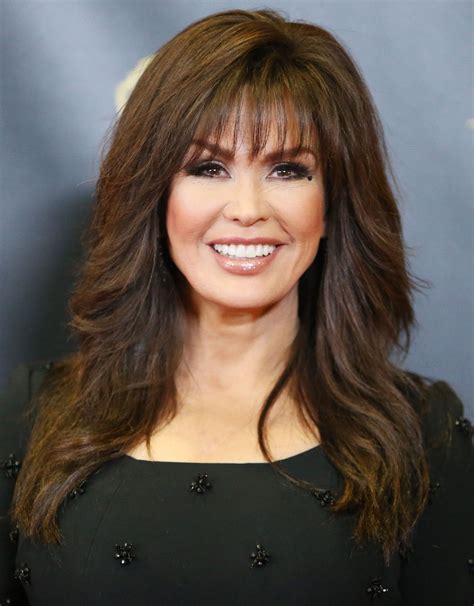Learn how to understand hair thickness, factors affecting it, nutrition, effective hair care routines, and professional treatments for thicker hair. Expert tips and advice.
Understanding Hair Thickness
Contents
Understanding hair thickness is an important factor in determining the best hair care routine for your specific needs. Hair thickness refers to the diameter of each individual strand of hair, which can vary widely from person to person. This can be influenced by a variety of factors including genetics, age, and overall health.
One of the primary factors affecting hair thickness is genetics. Some people are genetically predisposed to having finer or thicker hair, regardless of their age or overall health. However, genetics are not the only factor at play when it comes to hair thickness.
Nutrition also plays a significant role in the thickness of your hair. A diet rich in essential vitamins and minerals such as biotin, vitamin E, and omega-3 fatty acids can promote healthier, thicker hair growth. Additionally, staying hydrated and consuming enough protein can also contribute to stronger, thicker hair strands.
Aside from genetics and nutrition, the way you care for your hair can also impact its thickness. Using the right hair care routine can help to maintain the thickness of your hair strands, preventing breakage and thinning over time. This may include using volumizing shampoos and conditioners, avoiding over-styling and heat damage, and regularly trimming split ends.
In some cases, professional treatments such as thickening shampoos, conditioners, and hair masks can provide temporary increases in hair thickness. There are also salon treatments and procedures available that claim to thicken the hair strands, though these should be approached with caution and can be costly.
Factors Affecting Hair Thickness
Hair thickness is determined by various factors, some of which are within our control and others that are determined by genetics and other external influences. One of the primary factors affecting hair thickness is genetics. Each person’s genetic makeup plays a significant role in determining the thickness of their hair strands. Those with parents or grandparents with thick hair are more likely to have thicker hair themselves.
Another important factor is age. As we age, our hair tends to become thinner and weaker. This is due to the natural aging process and the decreased production of essential proteins and nutrients that help maintain hair thickness. Additionally, hormonal changes can also impact hair thickness. Fluctuations in hormone levels can lead to changes in hair texture and thickness, making it important to address any underlying hormonal imbalances.
Diet and nutrition also play a significant role in hair thickness. A diet lacking in essential vitamins and minerals can negatively impact the health and thickness of hair. Foods rich in biotin, vitamin E, and omega-3 fatty acids can help promote thicker, healthier hair. In contrast, a diet high in processed foods and lacking in nutrients can lead to hair thinning and loss.
Lastly, external factors such as heat styling, chemical treatments, and environmental damage can all contribute to thinning hair. Overuse of heat styling tools, frequent coloring or chemical treatments, and exposure to pollutants and UV rays can weaken the hair shaft and lead to thinner, more brittle hair. It’s important to minimize exposure to these damaging factors and to use protective products when necessary.
Nutrition for Thicker Hair
When it comes to achieving thicker and healthier hair, paying attention to your nutrition plays a crucial role. The foods you consume can have a direct impact on the strength and thickness of your hair. Protein is a key nutrient for promoting thicker hair as it helps to strengthen the hair follicles and prevent hair breakage. Include sources of protein such as lean meats, fish, eggs, and legumes in your daily diet to support hair growth and thickness.
In addition to protein, vitamins and minerals also play a significant role in maintaining healthy and thick hair. Vitamin E is known for its hair-boosting benefits as it helps to improve blood circulation to the scalp, promoting hair growth and preventing hair loss. Foods rich in vitamin E, such as almonds, spinach, and avocados, can contribute to thicker and stronger hair.
Biotin, also known as vitamin B7, is another important nutrient that supports hair thickness and growth. Including biotin-rich foods like eggs, nuts, and sweet potatoes in your diet can help improve the health and thickness of your hair. Moreover, incorporating Omega-3 fatty acids from sources like salmon, chia seeds, and walnuts can also contribute to the overall health and thickness of your hair.
It’s important to maintain a balanced and nutritious diet to support the growth and thickness of your hair. In addition to incorporating these essential nutrients, staying hydrated by drinking an adequate amount of water is also crucial for maintaining healthy and thick hair. By paying attention to your nutrition and including these hair-boosting foods in your diet, you can promote thicker and stronger hair from the inside out.
Effective Hair Care Routine
Effective Hair Care Routine
Having a consistent hair care routine is essential for maintaining the health and thickness of your hair. Experts recommend a few key steps to incorporate into your daily or weekly regimen to achieve thicker, healthier hair.
First and foremost, choosing the right shampoo and conditioner is crucial. Look for products that are specifically formulated to promote hair growth and prevent breakage. Ingredients like biotin, keratin, and vitamins A and E are known to strengthen the hair and promote thickness.
In addition to using the right products, it’s important to establish a regular washing and conditioning schedule. Washing your hair too often can strip it of its natural oils, leading to dryness and breakage. On the other hand, washing it too infrequently can lead to a buildup of product and oil, which can clog the hair follicles and inhibit growth. Experts recommend washing your hair every 2-3 days, depending on your hair type and lifestyle.
Aside from washing and conditioning, incorporating hair masks and treatments into your routine can also help promote thicker hair. Look for products that contain ingredients like argan oil, shea butter, and avocado, which are known for their moisturizing and strengthening properties.
Finally, maintaining a healthy lifestyle is crucial for promoting hair thickness. Eating a balanced diet rich in protein, vitamins, and minerals is essential for promoting hair growth. Additionally, getting regular exercise and managing stress can help improve blood circulation to the scalp, which can promote hair growth and overall hair health. By following these expert-recommended tips and establishing a consistent hair care routine, you can achieve thicker, healthier hair.
Professional Treatments for Thickening
When it comes to achieving thicker hair, many people turn to professional treatments to get the results they desire. One of the most popular professional treatments for hair thickening is PRP therapy. This procedure involves drawing a small amount of the patient’s blood, processing it to isolate the platelet-rich plasma, and then injecting it into the scalp. The growth factors in the plasma can help stimulate hair follicles and promote thicker, healthier hair growth.
Another option for professional hair thickening treatments is low-level laser therapy. This FDA-approved treatment involves using a device that emits low levels of laser light to stimulate hair follicles and encourage hair growth. It’s a non-invasive option that can be done in a clinical setting.
For those looking for more immediate results, hair extensions are a popular choice. Professional stylists can apply high-quality extensions that blend seamlessly with natural hair, adding instant volume and thickness. With proper care, extensions can last for several months before needing to be re-applied.
Additionally, some individuals opt for scalp micropigmentation as a professional treatment for creating the appearance of thicker hair. This procedure involves tattooing the scalp to mimic the appearance of hair follicles, giving the illusion of denser, fuller hair.
| Professional Treatments for Thickening | Benefits |
|---|---|
| PRP Therapy | Stimulates hair follicles, promotes thicker hair growth |
| Low-Level Laser Therapy | Non-invasive, encourages hair growth |
| Hair Extensions | Instant volume and thickness, long-lasting with proper care |
| Scalp Micropigmentation | Creates illusion of denser, fuller hair |
Before pursuing any professional treatments for hair thickening, it’s important to consult with a licensed professional to discuss the best options for your specific needs and desired results. Each treatment comes with its own considerations and potential side effects, so it’s crucial to make an informed decision and prioritize the health of your hair and scalp.














